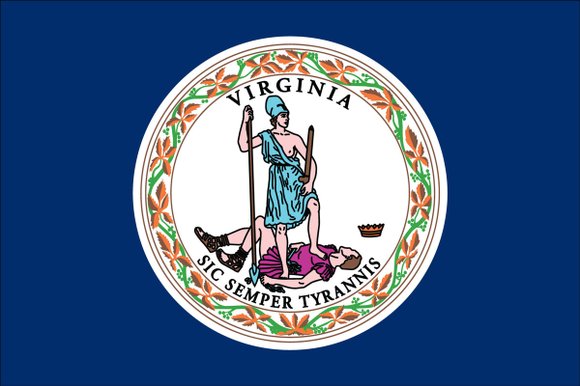Sweeping changes to impact high school learning, training
Jeremy M. Lazarus | 3/17/2016, 9:22 p.m.
High school is headed for an overhaul in Virginia.
Under reforms approved by the General Assembly, students who take courses to become computer technicians, mechanics, nurses and plumbers or enter other career and technical fields are to be placed on an equal footing with students seeking to go to college.
The new approach is to become effective with ninth graders entering school in 2018, according to legislation Gov. Terry McAuliffe supported and that was approved by big majorities in the House of Delegates and Senate.
The passage of this legislation embraces the governor’s vision of upgrading workforce training and steering more students into productive, high-paying jobs that do not require a college degree.
“Getting every student the skills and training they need to succeed is an essential part of our efforts to build a new Virginia economy,” Gov. McAuliffe said as he introduced his proposals in late December, shortly before the 2016 General Assembly’s start in early January.
Such changes will put “greater emphasis on hands-on learning, early college courses and industry credentials while maintaining rigorous standards,” he said.
Among other things, the approved legislation the governor is expected to sign will eliminate the advanced diploma for students planning to matriculate at college, according to state Secretary of Education Anne B. Holton.
In response to a Free Press query, Secretary Holton credited the nonpartisan Standards of Learning Innovation Committee with coming up with recommendations last year to meet the governor’s desire “to truly redesign high school for the first time since the 19th century.”
The legislation, she stated, opens the door to changing “the way students earn credits to graduate,” she stated.
Under the revamp, “the first two years of high school will focus on general education classes, while the next two years will emphasize experiential learning, internships, on-the-job training, and other opportunities for students,” she stated.
The legislation directs the state Board of Education to revamp the curriculum to enable students to gain core skills in the ninth and 10th grades and then either get on a college track or a career and technical track or some combination of the two in the final two years.
As part of the legislation, every student either would have to complete an Advanced Placement or International Baccalaureate course or earn a credential in career and technical education (CTE) to earn a diploma after the revamp takes effect.
The new emphasis on CTE is seen as assisting students who are not college bound to prepare for opportunities in an array of “middle skill” occupations that do not require four-year degrees and pay an average of $58,000 or more a year.
According to a 2015 report from the Virginia Community College System, as many as two-thirds of the 1.5 million Virginia jobs anticipated in factories, health care operations, construction sites, retail stores and other work arenas will not require a college degree.
Instead, those jobs would be in the “middle skills” that would require no more than a two-year associate’s degree and industry-recognized credentials that could be obtained in high school. Until this legislation created the prospect of change, the report found that high schools did not ready students for such jobs, creating a pool of unfilled positions.
As the report put it: “While there will always be a need for college degree and graduate programs, Virginia’s business community is emphatically saying that there are not enough people with the skills that align with their needs.”
Along with the high school overhaul, the legislature also approved Gov. McAuliffe’s plan to provide grants of up to $3,000 to support people seeking to improve their work skills by taking non-credit courses at community colleges and other public two-year schools. The state Council of Higher Education has been designated to manage the new grant program.








